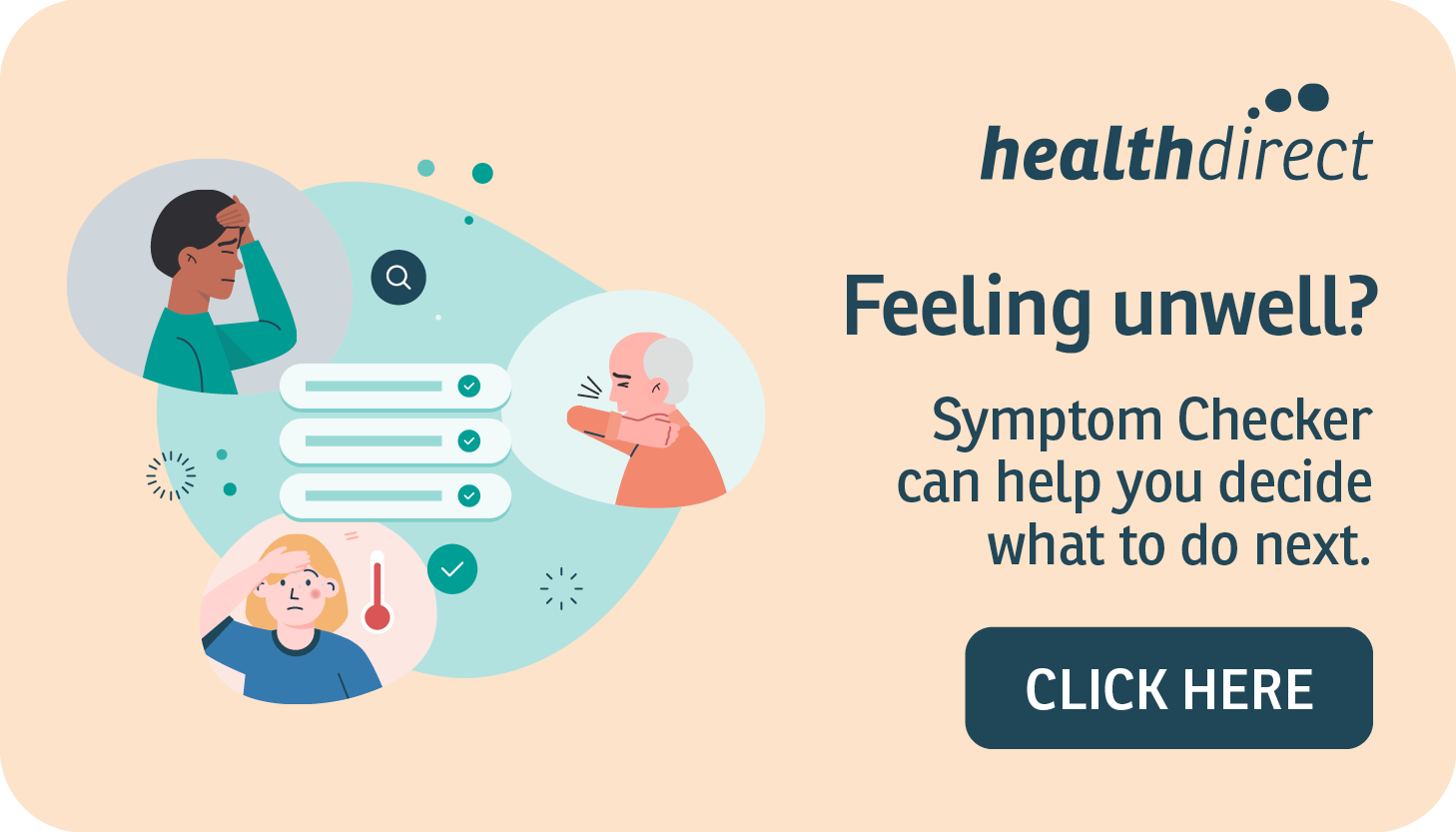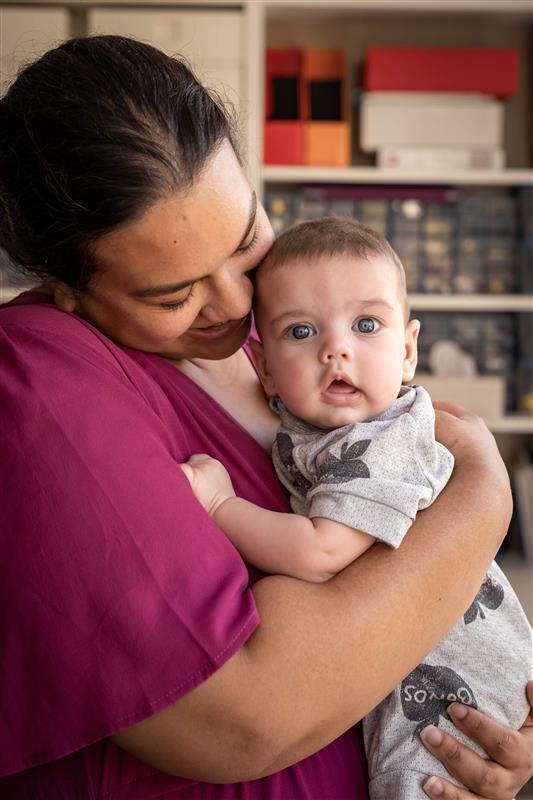Looking back, my anxiety really started at the time of my first son’s birth. We had a traumatic birth experience and our baby came out screaming. That was very confronting. It was like: ‘Oh my goodness, so this is what parenthood is about and now I’ve been given this baby! What do I do?’
But the real problem was that our son had reflux. He would scream day and night – there were very few times that he wasn’t in discomfort. As a parent that puts you through all these feelings of guilt. We took him to the doctor but they couldn’t give us any solution.
I’d come into fatherhood with that sort of stoical I-can-fix-everything mentality. To discover that I couldn’t actually fix this and that there was, in fact, no silver bullet was a turning point for me. I just ended up accepting that this was our new reality.
When I went back to work I started feeling really, really anxious about what was going on at home. Sleep quickly became a real problem, too. Our nights were constantly interrupted – we were lucky to get an hour of consecutive sleep. Feeding our son became our only form of relief from the screams.
As this went on, there was this steady build-up of anxiety and worry and agitation and sleep deprivation. I would try to support my partner by settling our son. But I wouldn’t ever have any success and that would make me even more agitated. Unfortunately, there were a number of times where I walked out and said, “I just can’t deal with this, I’m sorry.” And that would then lead to more feelings of guilt and disappointment and shame.
I started to feel like I couldn’t get any enjoyment out of life. I was just, literally surviving from home to work. We wouldn’t go out either – people would say, “Oh, let’s go out for dinner.” But we’d be like, “Look, we haven’t had any sleep and our baby will just scream. That’s not going to enjoyable for anyone.”
Eventually, it all came to the forefront when my son was three or four months old. I reached breaking point. One night, I screamed my head off at our baby, loud enough for the neighbours to react. That was the lowest moment for me.
But it was also a wake-up call. It forced me to recognise that I needed to do something. It made me realise: “This is my reality, and I need to learn how to manage this, for the welfare of myself, my baby, and my partner.”
At that stage, I still wasn’t even aware that postnatal anxiety and depression could impact men. So what I started to do was to focus on self-care. It’s like that old analogy of putting on your oxygen mask first on the airplane. You need to be able to take care of yourself to be able to take care of other people
At the time, I was commuting on the train, so I invested in some audio books that focused on the life transition to becoming a dad. And I found that small investment of time in the morning and afternoon cumulatively made a big difference. Because I think there is a lot that can prepare you for parenthood. It’s just that you’re so blindsided by it all that it’s easy to feel like you’re doing it all wrong.
Before I got home each night, I would try and calm myself down and just get myself into the best mental shape to tackle the following night.
On those really difficult nights, I’d often listen to some calming music to change the sensory input from the screaming. That was actually really helpful. I would still get agitated, but it just wasn’t to the level that it had previously been.
All those self-care practices genuinely helped me and nudged me into a sort of recovery period. It was only then when I was at the doctor and mentioned what I’d been experiencing that he told me that it sounded like I’d had postnatal anxiety and depression. That was the first time I’d even considered it.
Obviously, I knew I was depleted – I was living on next to no sleep. But it wasn’t until I reflected on what the doctor said that I realised that all of these things – the constant rumination, the worry, the agitation – they were all symptoms of anxiety and depression.
If I had known that services like Gidget or PANDA were available, I absolutely would have spoken to a doctor earlier. I would definitely have reached out to them. It would have been really valuable to talk about the hard stuff without any fear of any repercussions To have been able to call one of those telephone services would have been helpful to get some support. Because I’d just been left feeling that I was doing something wrong as a parent and the effect of that was very isolating.
At work, the subtext was always that if there issues, they would only affect the mum. So I’d be asked: “How’s everything going at home? How’s your partner?” There was never any acknowledgement of how I might be feeling and that probably added to my anxiety, guilt, and isolation. As a result, it didn’t feel safe to disclose anything. I didn’t feel entitled to admit how stressed or fatigued I was, so I just thought it was better not to say anything.
What advice would I give to a young dad who might be struggling? Talk about how you’re really feeling. We don’t allow the space for men to talk about their vulnerabilities often. And I think that’s really important, because I don’t think you can develop true resilience without first understanding your inner weaknesses and often they’re buried in those deep and dark places of our hearts. But if we don’t acknowledge the impact of what we’re feeling then how can we learn anything? As men, how can we get through those trials?
But having come out of the other side of that experience, I now feel like there’s nothing I can’t now overcome. And that is really empowering. There is something about the lived experience that you can’t ever replace.
Dave's Story
Please submit your details below and we will be in touch soon.
Related Fact Sheets

a new mum's story
this Christmas



























.png)

